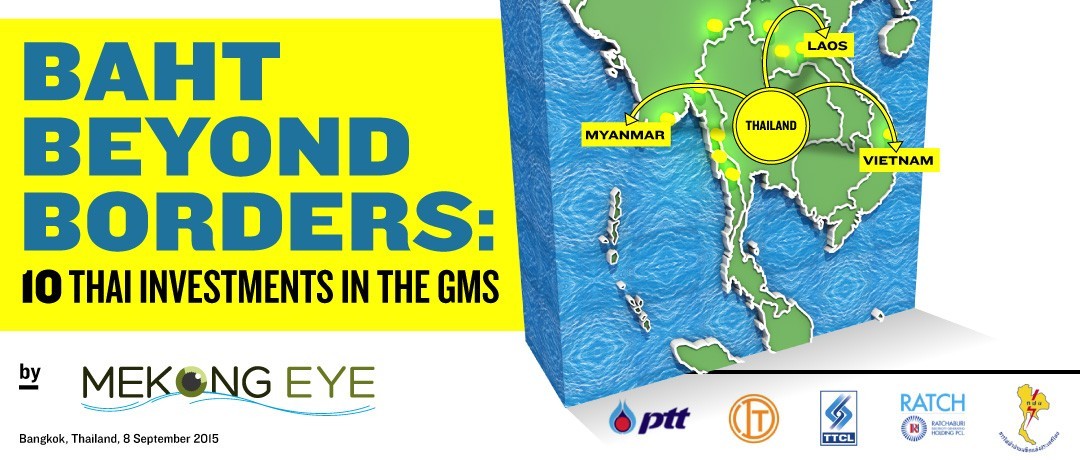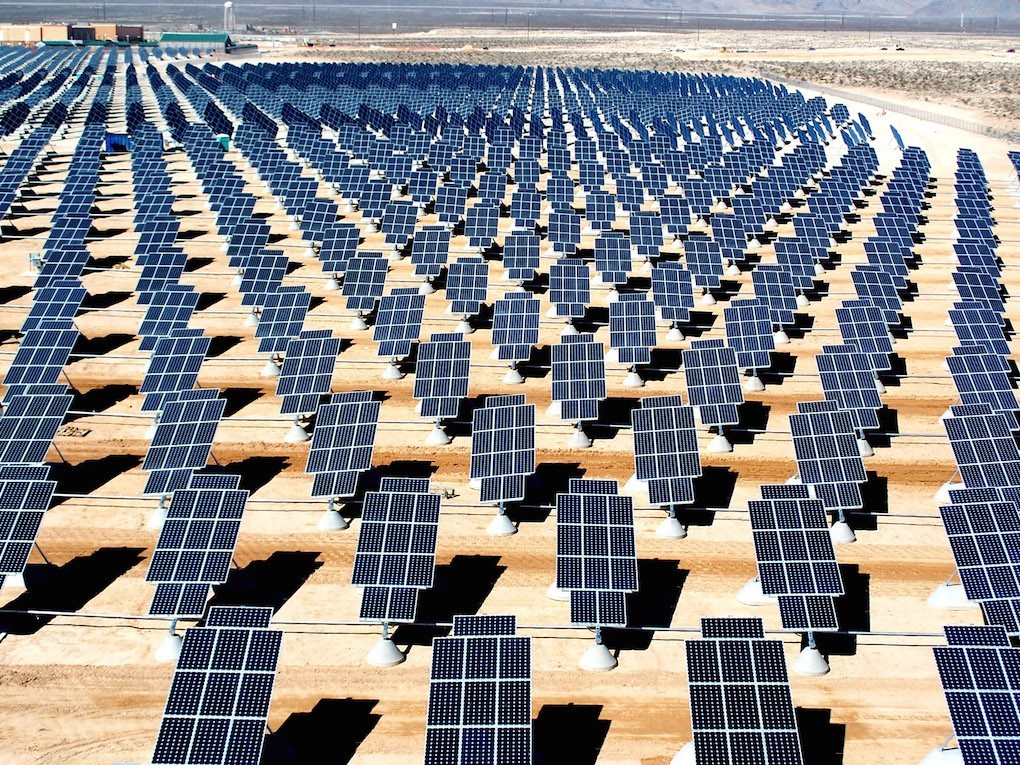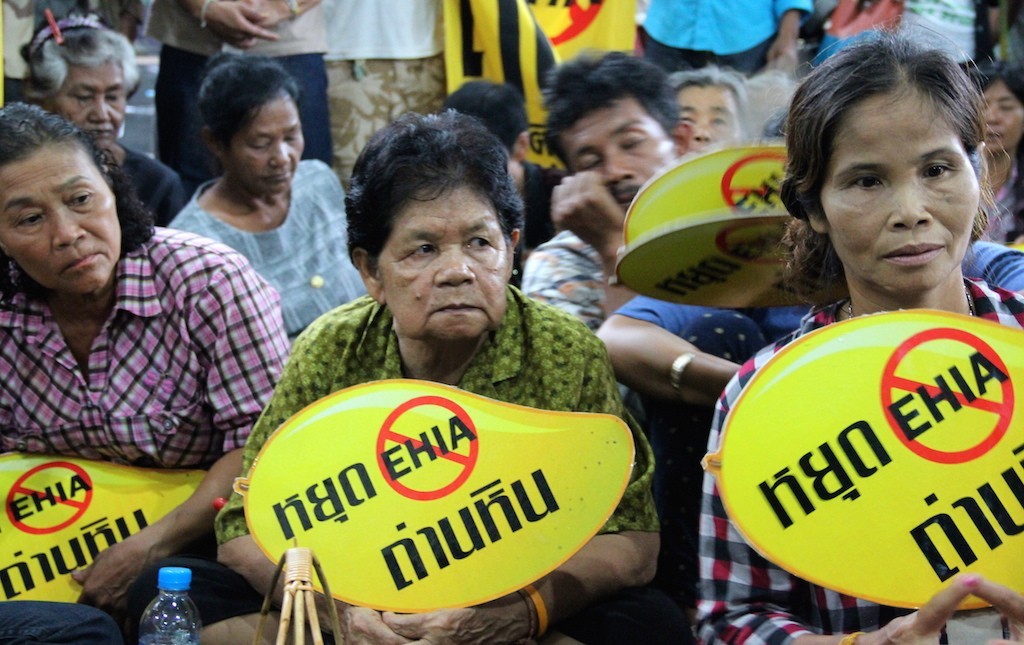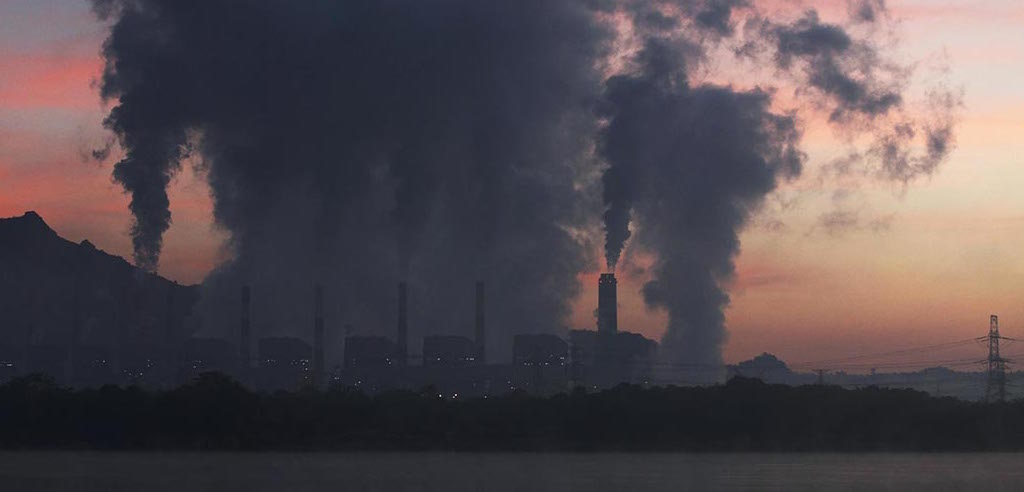The local energy sector is expected to be the next driver for foreign direct investment growth in Vietnam this year.
Tag: energy
Myanmar Oil Gas Industry Opportunity, Analysis and Forecast Report 2016
Research and Markets has announced the addition of the “Myanmar Oil Gas Industry Analysis and Forecast Report (Q1 2016). The premier report provides analysis of key opportunities and associated challenges facing Myanmar oil and gas industry. Amidst several challenges confronting the oil and gas industry including fall in prices, changing market conditions, oil and gas sector risk and shift in competitive landscape, the report provides detailed insights into critical short and long term factors set to shape the outlook.
Eye On: Baht Beyond Borders
With public opposition to major infrastructure projects a growing concern, and willing partners in neighboring countries eager to pick of the slack, Thailand’s industrialists are fanning out in all directions. Energy projects dominate the mix, including coal, gas and hydropower. As a result, it’s the Electricity Generating Authority of Thailand driving much of the activity.
Gunkul studies feasibility of infrastructure fund for expansion
Renewable-energy company Gunkul Engineering is conducting a feasibility study on setting up an infrastructure fund to improve cash flow and control its debt as it expects to require more money to expand both locally and abroad.
Gunkul president Sopacha Dhumrongpiyawut said the company had appointed Siam Commercial Bank as financial adviser for the proposed infrastructure fund, which should be around Bt4 billion to Bt5 billion in size.
The infrastructure fund would ensure that the company had sufficient cash flow to expand, and it might not increase capital in the short term.
Keeping it Clean: Renewable Energy a Better Way for Myanmar
Villagers in Ayeyarwady Region, Mon State and elsewhere across Myanmar are refusing to accept plans for power projects in their neighbourhoods, fearful pollution will harm their health, farms and fisheries. Evidence from around the world, including China, India and Thailand, suggests they are right to be worried.
In 2014, energy use caused damage worldwide amounting to US$5.3 trillion, according to analysts’ estimates at the International Monetary Fund. Of that, $5.124 trillion was due to fossil fuels with two-thirds attributed to coal. Climate change accounted for a quarter of the costs, with the rest due to sickness, premature death and degradation of the environment.
Analysts believe the damage adds up to 8-16 per cent of GDP for developing countries in Asia, which for Myanmar equates to $4-8 billion in 2014.
Coal plant in Thepa ‘would inflame the insurgency’
ACTIVISTS have voiced concern that a coal-fired power plant proposed for Thepa district in Songkhla will cause more violence in the Deep South – as mosques, a religious school and Muslim cemeteries would have to be moved to make way for the plant.
They also claimed that all three public hearings about the plant and its coal transport pier were not held properly. They have said the Office of Natural Resources and Environmental Policy and Planning (ONEP) should revoke the Environmental and Health Impact Assessment (EHIA) on the project.
Yesterday, the Southernmost People’s Network of Community Right and Environment Safeguard for Peace (Permatamas) and a group of locals and students from Prince of Songkla University’s Pattani Campus gathered at ONEP to give a petition to the agency’s secretary general.
What a New Vietnam-Russia Deal Says About the Mekong’s Future
It is potentially an unusual business transaction. While the prospect of a Vietnamese company taking over a Russian group in of itself is unusual, the buyout of a strategic stake in a major fish distributor is also a reflection of changing attitudes to the management of the Mekong River.
Food security is the priority issue dominating the political agenda surrounding the lower Mekong subregion for the Vietnamese and Cambodian governments. It’s a stark contrast to thinking in Laos, which sees the Mekong primarily through the lens of hydropower.
Coal Power on the Rise: Mekong Region Digs In
While initiatives by the Asian Development Bank, ASEAN, United States, Japan, France and the private sector aim to advance renewable energy within the Greater Mekong Subregion (GMS), coal-fired power plants are slated to become an increasingly larger share of the region’s electricity generating portfolio.
Section 44 to clear way for setting up new Special Economic Zones, and possible new Biomass Power Plant without EIA
General Prayut Chan-o-Cha, leader of the National Council for Peace and Order used authority under section 44 declared 2 NCPO orders on January 20. The first one is on the exception on the enforcement of city plans in some project types 1) power plant 2) power plant gas that do not use natural gas for delivery or disposal 3) factory that improve overall quality of products ( sewage treatment plant/incinerator) 4) factory for sorting and landfill 5) factory for recycling. Another NCPO order was to exclude the application of the city planning and building control laws in the area of special economic development zone. This also includes various local ordinances which are the limitations of the ban on construction, modification, decommissioning, moving and using, or changing the use of buildings.
Vietnam Plans Move Away From Coal
Vietnam Prime Minister Nguyen Tan Dung has announced his government’s intention to “review development plans of all new coal plants and halt any new coal power development.”
According to Solarplaza, the Premier stated that Vietnam needs to “responsibly implement all international commitments in cutting down greenhouse gas emissions; and to accelerate investment in renewable energy.”
The announcement comes in advance of the Solar PV Trade Mission, scheduled April 18 – 22 in Hanoi and Bangkok. It is hoped the trade missions will assemble diverse high-level delegations of stakeholders from around the world into emerging markets to jointly explore and create business development opportunities.








